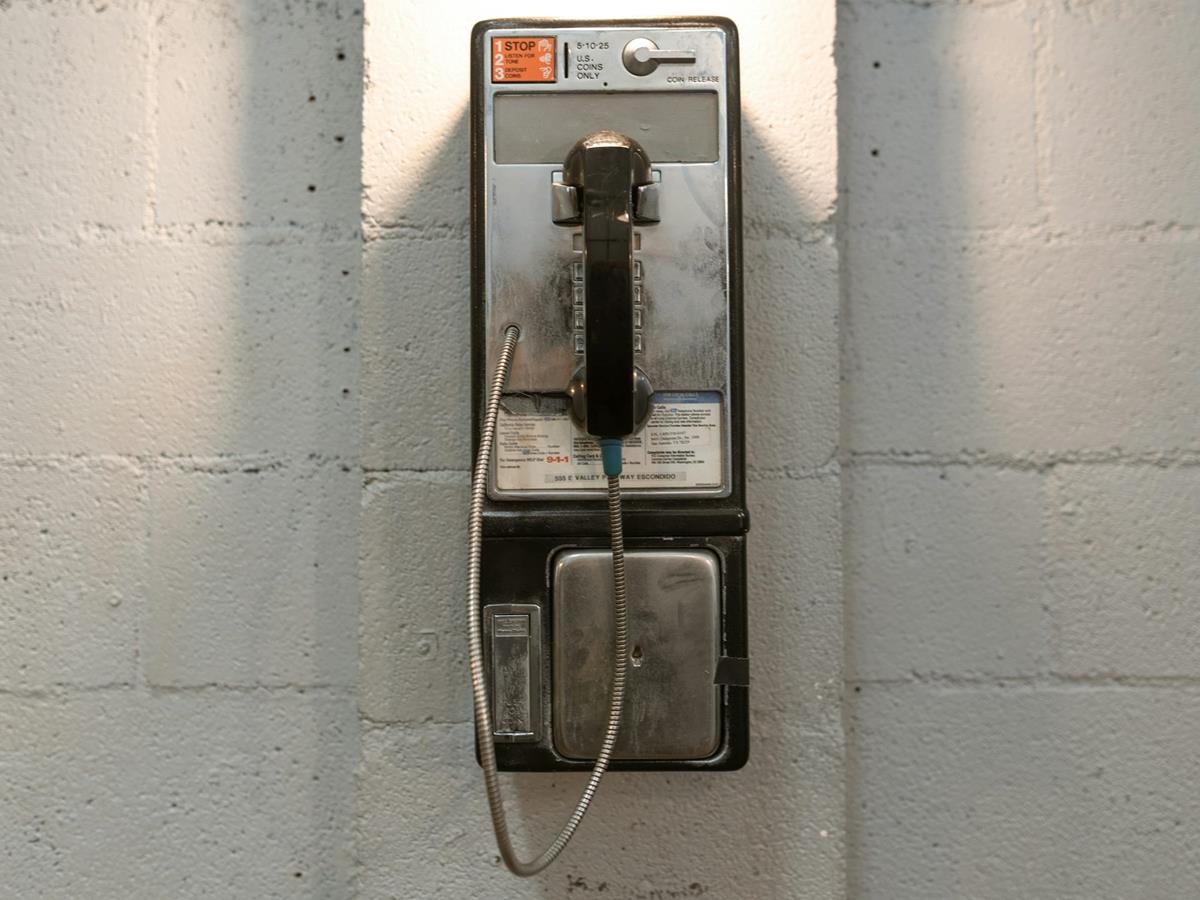Reasons to Seek Bail Bonding Instead of Staying in Jail
News and Resources
Unfortunately, it can sometimes be weeks or even months from the time a person is arrested until they have their day in court. Once the trial starts it too can drag on for weeks or more depending on the complexity of the case and the quality of a person’s legal representation. While it doesn’t happen too often there are instances when, for whatever reason, people are offered bail and reject it, electing to stay in jail until their court date rolls around. While no one is legally obligated to work with a bail bond agent, there are a lot of good reasons why it’s not in your interest to reject bail.
Why You Shouldn’t Stay In Jail While Awaiting Your Court Appearance
As an experienced bail bonding company we’ve seen it all, including people who, for reasons no one can figure out, decide to turn down bail and remain behind bars until their scheduled court appearance. While it is their prerogative to do so we would respectfully suggest that languishing in jail is not a great idea, and we’ll tell you why:
Posting bail shows that you’re a responsible person
The court weighs a lot of factors when determining how to treat those accused of crimes. If a defendant is routinely hostile and uncooperative the court will weigh that during sentencing. On the other hand, if the person gets out on bail, adheres to the conditions of their release, shows up for work every day, and avoids getting in more trouble, the court will consider that too and will likely go easy on them. So if you're offered bail, accept it and show the court what a fine upstanding citizen you really are.
Jail is not a nice place to be
Food in county jails is typically pretty bland, the beds are worn, and the people you’ll be staying with may not be the most desirable company. Any visitors to Colorado jails are typically separated from defendants by a sheet of bulletproof glass and if you get sick don’t expect anything like quality medical care. Perhaps most importantly there is a culture of violence that permeates not only high-security prisons in the US but county jails as well. So if you think you’ll be immune to intimidation, threats, and worse because you’re in Denver County Jail, think again.
The walls have ears
You’ve probably heard it repeated a thousand times on TV and in movies “Anything you say can and will be used against you in a court of law”. Well, that doesn’t just apply to people during the arrest process. It also applies to them while they’re in jail. The longer you’re behind bars the more likely it is that you will say something incriminating that will be overheard by a guard or someone else. Remember, all your phone calls are recorded and there are lots of would-be snitches hoping to earn brownie points by reporting things they’ve heard to the authorities. When you post bail you eliminate the possibility of incriminating yourself in this way.

You might be found not guilty
So you decided not to call a bail bonding company, instead choosing to remain locked up while awaiting your day in court. You also calculated that any time you spend in jail now will be deducted from your sentence under “time served”. Great. But what happens if you’re found not guilty and allowed to go free? You will have wasted who knows how much time festering behind bars for nothing. Even if you are found guilty you may not be sentenced to anything more than community service or probation, which again means you endured weeks or months in jail for no good reason.
It’s probably going to cost you a lot of money

You can’t work while you’re in jail, but bills keep arriving at your home nonetheless. If you’re one of the millions who effectively live paycheck to paycheck spending just a few weeks in jail could seriously upend your life. Your credit rating might take a hit if you miss some payments and the people that count on you will be left to fend for themselves. Even if you’re eventually found not guilty you won’t have any money coming in for a while after you leave jail.
Your case might go stale
While it's not common, it does sometimes happen that the statute of limitations expires on a charge before a person has their day in court. Review the following table to learn the current statute of limitation imposed for each type of crime under Colorado state law.
| Criminal Offense(s) | Statute of Limitations in Colorado |
|---|---|
| Murder, kidnapping, treason, and any forgery regardless of the penalty provided | No limit |
| Attempt, conspiracy, or solicitation to commit murder; attempt, conspiracy, or solicitation to commit kidnapping; attempt, conspiracy, or solicitation to commit treason; and attempt, conspiracy, or solicitation to commit any forgery regardless of the penalty provided |
No limit |
| Other felonies | Three years |
| Misdemeanors – including DUI, DWAI, DEAC | 18 months |
| Class 1 and 2 misdemeanor traffic offenses | One year |
| Petty offenses | Six months |
SOURCE: Colorado Revised Statute: CRS 16-5-401.
Class 1 misdemeanors in Colorado - including 3rd-degree assault, certain types of child abuse, criminal mischief, and theft valued at less than $2,000 - have a 6 to 18-month statute of limitations. So it's conceivable that a person could get arrested for a Class 1 misdemeanor in Golden, spend seven months in jail awaiting trial, and then discover that the statute of limitations has expired and the charges were dropped.
FAQs About Colorado Bail Bonding
ANSWER: If your loved one is arrested in Colorado and you cannot afford bail on your own, you can call Tayler Made Bail Bonds for assistance throughout the state of Colorado. If you're located elsewhere, you can find bail bondsmen in your area through a simple internet search and contact them to discuss how to proceed.
When you work with a bail bondsman to get your loved one released, you become an indemnitor or co-signer. You must be at least 18 years old since a legal contract is required. The bondsman will post a bail bond with the court, and your loved one should be released within a few hours. As long as they obey all court orders and attend future proceedings, you should not have to deal with the bail bondsman again.
ANSWER: Courts in Colorado use a risk assessment tool to determine whether an individual is likely to return to court and/or re-offend while on release. This involves assigning a score based on various factors. The risk categories range from low to high. While judges have discretion in setting bail, they must consider the defendant’s risk level when making decisions.
ANSWER: Bond conditions are rules set by the court when granting bail. These conditions ensure that the defendant complies with legal requirements. Common bond conditions include attending court hearings, refraining from criminal activity, and avoiding contact with victims or witnesses.
What types of bail bonds may be offered?
Review the following infographic for more information on five common types of bail bonds for United States citizens.
Click here to download the infographic as a PDF
For Affordable Bail Bonds, Contact Tayler Made
If you’ve been arrested and are offered bail the smart move is to accept it and contact Tayler Made Bail Bonding at:303-623-0399
Contact Info
Tayler Made Bail Bonding is available 24 hours a day and 7 days a week.
(303) 623-0399email@taylermadebailbonding.com
3595 South Teller Street
Suite 300A
Lakewood, CO 80235
@TaylerMadeBail

